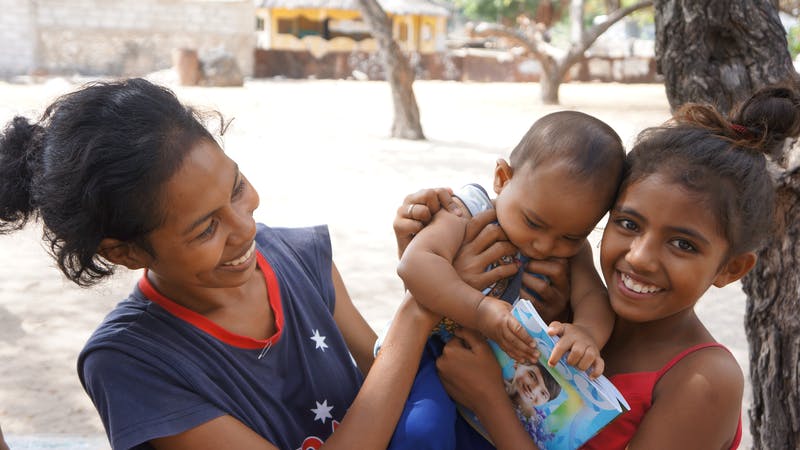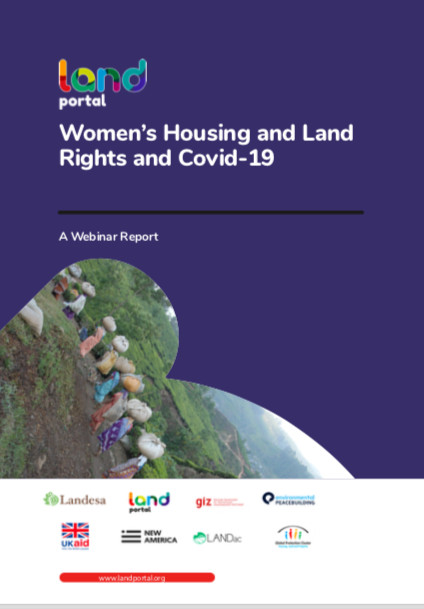Reinvigorating resilience: violence against women, land rights, and the women's peace movement in Myanmar
In Myanmar, movements for gender justice strive to foster personal and collective security, vibrant livelihoods, and political engagement during a period of rapid and uncertain transition. This article draws from the experience of the Gender Equality Network (GEN), a coalition of over 100 organisations in Myanmar. It examines three cases in which GEN sought to document existing forms of resilience and expand these mechanisms through national-level advocacy. The first describes current attempts to publicise, and eventually eliminate, violence against women (VAW).






